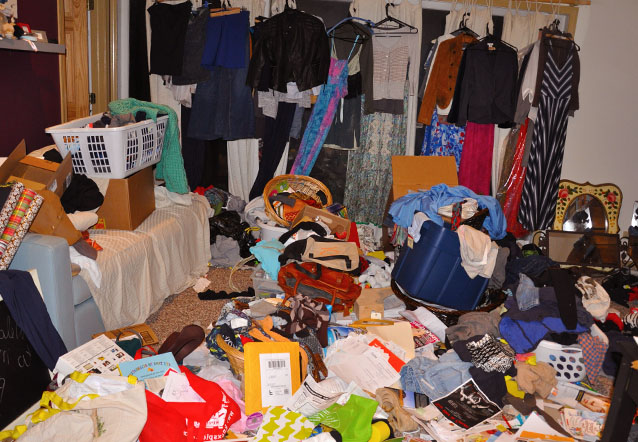
Hoarding disorder also known as compulsive hoarding is when a person collects an excessive number of items and objects and stores them in a chaotic manner whether they have space for them or not. Compulsive hoarding can be seen as a significant problem if the clutter is interfering with the person’s daily life such as not being able to access rooms in the house i.e bedroom, kitchen. Also if the clutter is interfering with other members of the households daily life.
The hoarder may or may not have personal feelings towards these items for collecting them. Hoarder disorder can cause many mental health problems and loneliness as well as being dangerous due to the volumes in the person’s house being unstable.
Helping People with OCD
In order for you to help a person who has a hoarding disorder, we ourselves must understand the trait of this form of OCD. Compulsive hoarding can be difficult to treat as a person cannot part with items or objects as easily as we could. People can often see this as not an issue or cannot see how it is impacting on their family and friends health. It is often that people do not seek help as they are extremely ashamed and embarrassed so will lock people out of their homes and lives.
It is extremely important to go at the person’s pace and be very patient with every step. Remember that small steps are huge steps in a hoarders world – slow and steady wins the race.
Below are 5 essential tips on how to help a hoarder clean out their home:
- Be as sensitive as you can. The hoarder will be embarrassed and emotional going through their belongings. What seems rubbish to you, will be something they cherish.
- Assess every room you go in, some hoards grow very big and can become a hazard. Don’t put yourself or the hoarder in danger.
- Be Patient! Don’t get angry or start to shout when the hoarder wants to keep paper, you will need to try and come to a solution.
- Never make a to do list for the hoarder. This can be overwhelming for them and can stress them out before you have begun.
- Try to exercise the power of recycling to charities. Sometimes this can be useful to do instead of throwing beloved items in the bin.
Some people will not liked to be helped but if you can try to push them towards getting professional help for their disorder, this can be extremely beneficial to their well being.